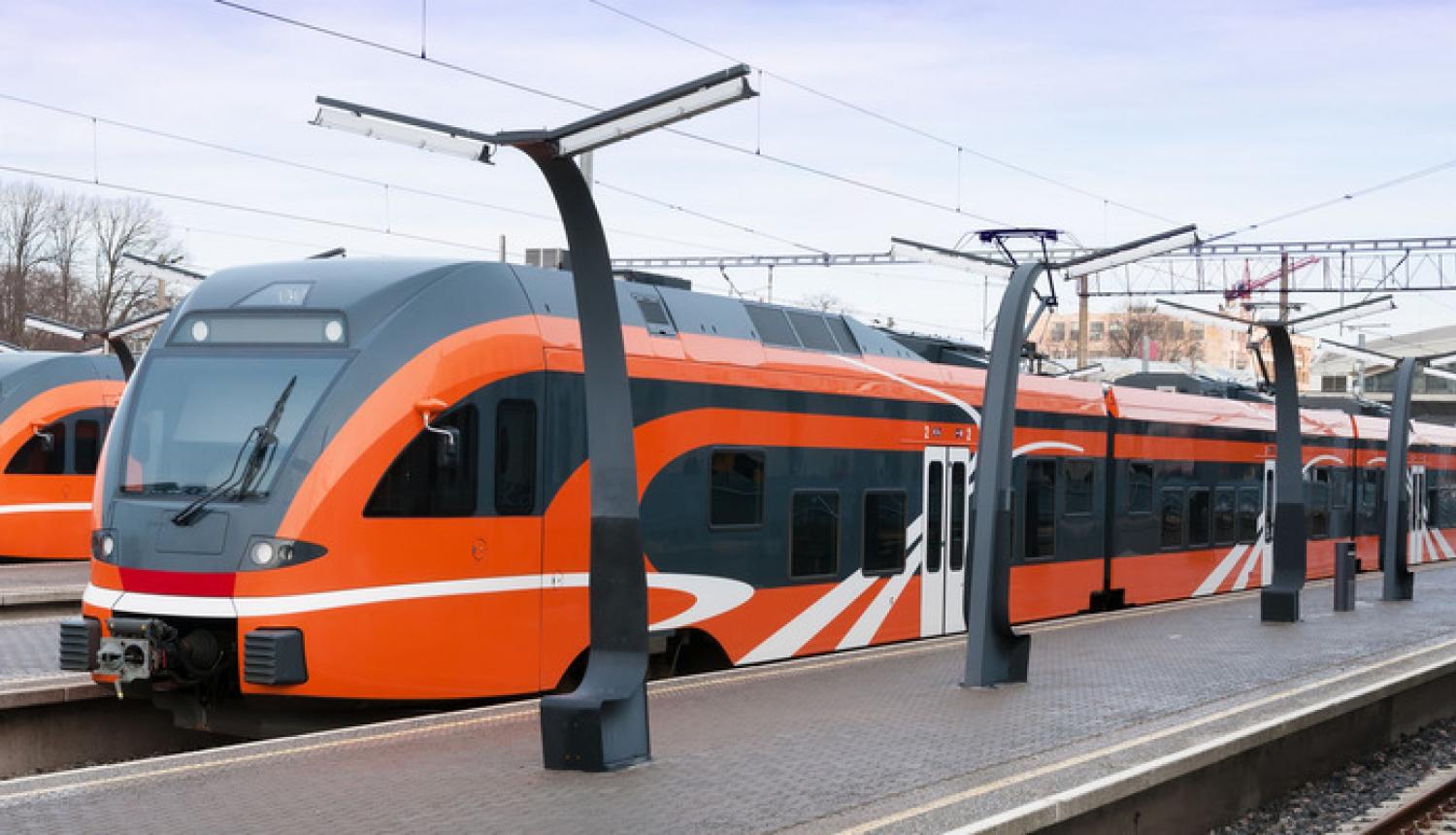The Government approved the regulations of the Suprainstitutional Coordination Council of the Rail Baltica project in Rīga at the sitting of the Cabinet of Ministers of 7 November with a view to involve competent authorities and other stakeholders in the implementation of the Rail Baltica project in Rīga, thus contributing to the comprehensive and smooth development of the project-related territory.
The main task of the Council is to assess the situation relating to the implementation of the project in Rīga City and to present proposals for optional developments in Rīga. The Council will also encourage cooperation between the aforementioned institutions regarding optional developments in Rīga, identify the shortcomings, which hinder harmonious development of Rīga and Rail Baltica, as well as propose recommendations to competent authorities to address these issues. The Council will also bring forward proposals for short-term and long-term fundraising.
In order to implement the Rail Baltica project in Rīga, it is necessary to develop a comprehensive approach towards considering various aspects of the Rail Baltica project - Rīga City, fundraising and planning, heritage preservation and urban planning, to ensure that the ideas proposed are implemented in the interest of general public by building cooperation between the relevant stakeholders in a socially responsible, smart and well-considered manner. The implementation of proposed Rail Baltica solutions in Rīga, especially those related to urban infrastructure transformations, depends essentially on the cooperation between governmental and municipal authorities, as well as consent (involvement) of the third parties.
The Council was set up as an advisory authority to promote coordinated interdepartmental cooperation in order to ensure that the opportunities provided by the Rail Baltica project are successfully used in related territories in Rīga, based on the competences of each institution represented in the Council. In the light of the above, the regulations approved by the Cabinet of Ministers stipulate that the Council will initially resolve issues at closed meetings, which, in case of need, will be attended by invited experts, NGO representatives, along with representatives of other councils, commissions, and task forces established to promote the development of Rīga and the Rail Baltica project. The Council has the right to communicate with the mass media. It does not exclude the possibility to provide information about various solutions found at the Council's meeting, thus furnishing the society with information about the measures for implementing the Rail Baltica project. According to the regulations, the Council's task is to analyse in depth the situation regarding integrated development of Rīga City and the project, and come with recommendations to competent authorities, such as governmental and municipal authorities, and entities governed by private law, whose interests might be affected by the project.
The Council brings together representatives of the Ministry of Culture, the Ministry of Finance, the Ministry of Justice, the Ministry of Environmental Protection and Regional Development, the Prime Minister's Office, the Riga Municipality, the Riga Construction Board, the Riga City Architect's Office, JSC RB Rail, LLC Eiropas Dzelzceļa līnijas, SJSC Latvijas dzelzceļš, the State Railway Technical Inspectorate, the Council for Preservation and Development of Riga Historical Centre, National Council of Architecture, the State Inspection for Heritage Protection, the Association of Spatial Planners of Latvia, and the University of Latvia. The Minister for Transport Uldis Augulis chairs the Council while Nils Ušakovs, the Mayor of Riga is the Co-Chairman.
The first meeting of the Suprainstitutional Coordination Council of the Rail Baltica project in Rīga was held on 1 November this year. During the meeting, specific work segments were defined to ensure harmonious urban development – the Central railway station and related infrastructure, Torņakalns multimodal centre and related infrastructure, as well as other crossings of the Rail Baltica infrastructure in the territory of Rīga.
Information prepared by:
Ministry of Transport
Communication Division
Phone: 67028390
E-mail: komunikacijas@sam.gov.lv



